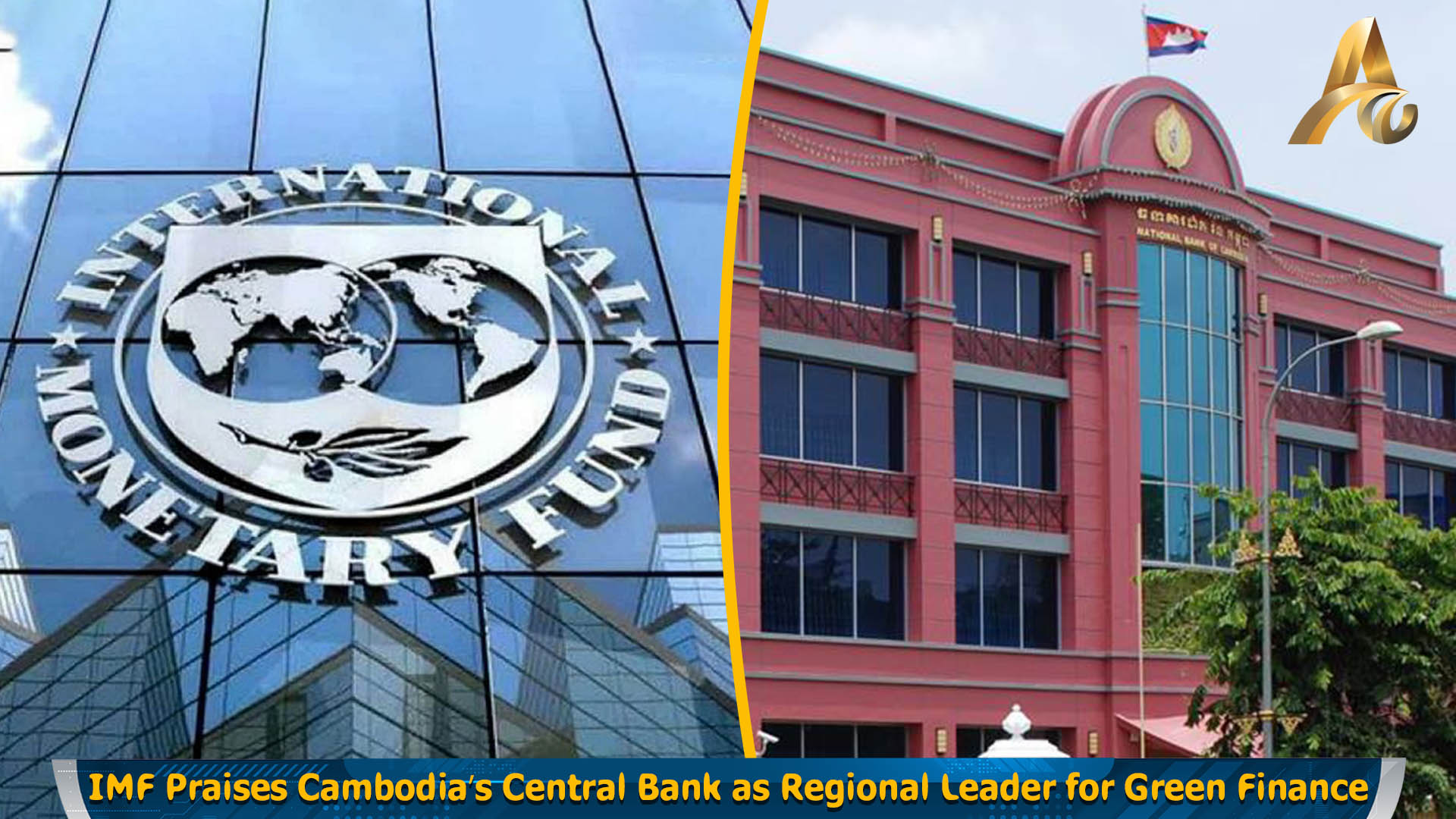PHNOM PENH: Released in Washington on Thursday, the IMF has annex in its annual valuation the work of the National Bank of Cambodia (NBC) stating policies and guidelines related to investments for the environment as well as social and governance.
At the statement, it says: "NBC was the first one to invest in green bond(s) among ASEAN member states,” praising the National Bank of Cambodia’s active role in an open-ended fund for central bank investments in green bonds launched by the Bank for International Settlements (BIS) in 2019.
The Cambodian central bank has also urged banks and financial institution to adopt policies for an environment-friendly investment.
As an example, the IMF annex reminds of green policies such as applying lower risk weights for loans to the environmental, social and governance sector or setting some policies along the lines of ASEAN's policy towards the sector of sustainable finance.
According to the report, the Kingdom has a code of conduct for the sector and loans granted for activities focused on mitigating pollution, climate change, deforestation and others.
Climate change will be an important challenge for Cambodia’s economy at the not very far future, with the scenario for greenhouse gas emission predicted to warm the temperature by 3.1 degrees in 2019, compared with temperatures between 1986 and 2005.
“In addition, increases in annual maximum and minimum temperatures are expected to be larger than the rise in average temperature, increasing pressures on human health, livelihoods, and ecosystems,” said the IMF annual report, stressing risks of affecting agriculture, tourism and industry sectors in the Kingdom. “fluctuations in Mekong river flows affect irrigation, fishing, and transportation for industry and land tourism.
IMF has also warned that “without action, the population exposed to an extreme river flood could grow by around 4 million by the 2040s, while the damming of the Mekong River as well as the large-scale dams built on its tributaries may alter future flood dynamics,”






















